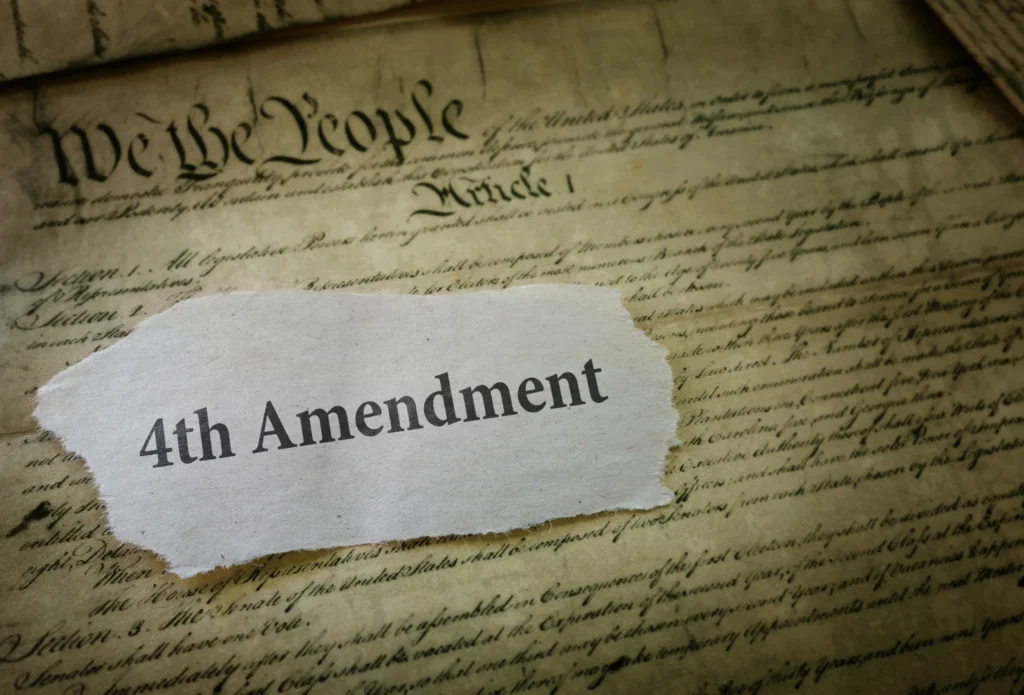Warrant Requirements Under Constitutional Scrutiny

When a death occurs under uncertain or suspicious circumstances, law enforcement officers frequently confront a critical legal question: may they enter a private residence to investigate without a warrant, or does the Fourth Amendment impose a barrier to such action? This article seeks to clarify the constitutional parameters governing police entry in death-related inquiries. Your jurisdiction may have varying policies and procedures. Seek your department’s legal counsel for further details and opinions.


